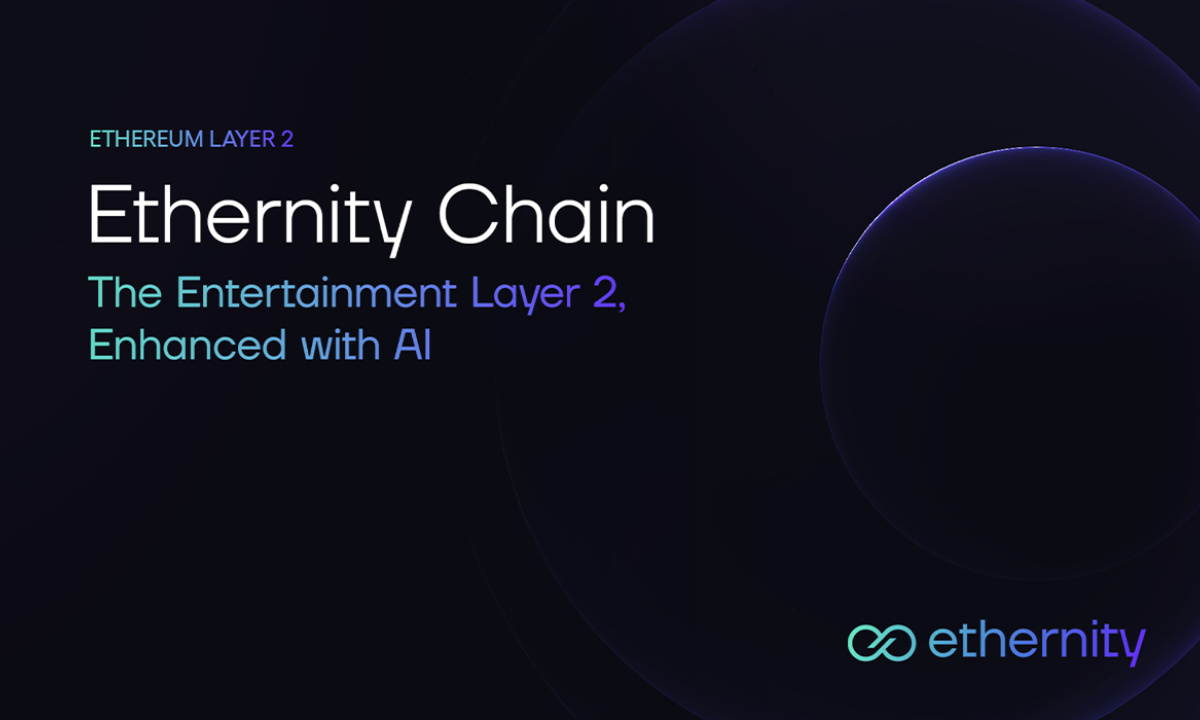Understanding Shard Chains
Shard Chains are an essential concept in computer science that involves the horizontal splitting of a database to distribute the workload. In the world of cryptocurrencies, particularly in Ethereum, Shard Chains play a vital role in reducing network congestion and improving transaction speed. This is accomplished by creating new chains known as shards.
In Ethereum, sharding refers to the division of the entire network into multiple shards or portions. Each shard operates independently and contains its own unique set of account balances and smart contracts. Sharding is considered the most complex solution implemented within Ethereum.
It is worth noting that the information stored within a shard can still be shared across other nodes, ensuring the decentralization and security of the ledger. However, the shards themselves do not process or store all of the information.
In simpler terms, sharding provides a decentralized approach to scaling Ethereum, rather than increasing the size of the existing database. This eliminates the need for network validators to acquire more powerful and expensive computers. With shard chains, validators only need to store and validate data for the specific shard they are assigned to, rather than the entire network. This significantly accelerates processes and reduces hardware requirements.











